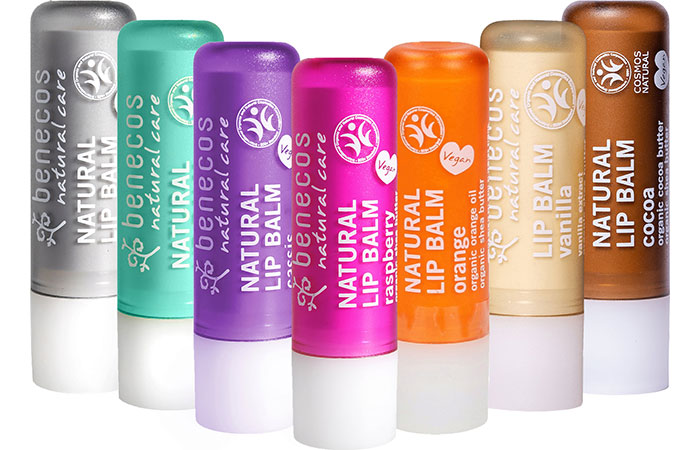
In the realm of skincare and personal care products, lip balm has established itself as a ubiquitous companion for many individuals. Designed to provide nourishment and protection to the delicate skin of our lips, lip balms have become a go-to solution for combating dryness, chapping, and maintaining a healthy-looking pout. However, like any product, lip balm comes with its own set of advantages and disadvantages. In this article, we delve into the world of lip balm, exploring its benefits and potential drawbacks, to help you make an informed decision about incorporating it into your daily routine.
Advantages of Lip Balm:
Moisturization and Hydration: One of the primary benefits of lip balm is its ability to moisturize and hydrate the lips. With its emollient properties, lip balm acts as a protective barrier, preventing moisture loss and replenishing the natural oils of the lips. Regular use can help alleviate dryness, flaking, and discomfort.
Protection from Environmental Factors: Lips are particularly susceptible to environmental stressors like cold weather, wind, and UV radiation. Lip balms often contain ingredients such as beeswax, shea butter, and SPF (Sun Protection Factor), providing a shield against harmful elements. This protective layer helps maintain lip health and prevents damage caused by harsh conditions.
Soothing and Healing Properties: Lip balms often contain soothing ingredients like aloe vera, chamomile, and vitamin E, which help calm irritated and inflamed lips. These healing properties can be especially beneficial for individuals prone to cold sores, sunburns, or other lip-related ailments.
Versatility and Convenience: Lip balms are available in various formulations, including tinted, flavored, medicated, and organic options. This versatility allows users to choose a product that suits their preferences and specific needs. Furthermore, their compact size makes them easy to carry around, providing on-the-go relief whenever required.
Disadvantages of Lip Balm:
Dependency and Potential Overuse: While lip balm offers essential hydration, over-reliance on the product can lead to a dependency on external moisturization. Frequent application may inhibit the lips' natural ability to produce moisture, resulting in a perpetual need for lip balm.
Allergic Reactions: Some lip balms contain fragrances, preservatives, or other ingredients that can trigger allergic reactions in certain individuals. It's crucial to read the ingredient list carefully and test a small amount on the skin before regular use to avoid any potential adverse reactions.
Contamination Risk: Due to their application directly on the lips, lip balms can be prone to bacterial contamination. Sharing lip balm with others or using a contaminated product can lead to the transmission of germs, which may cause infections or other oral health issues.
Lack of Long-Term Benefits: While lip balm provides immediate relief and protection, it may not address underlying causes of lip dryness, such as dehydration or certain medical conditions. Relying solely on lip balm without addressing the root cause may result in temporary relief but fail to provide a long-term solution.
Lip balm, with its moisturizing, protective, and healing properties, offers undeniable advantages for lip care. It provides essential hydration, shields against environmental factors, and offers versatility and convenience. However, it is important to be aware of potential disadvantages, such as dependency, allergic reactions, contamination risk, and the need to address underlying causes of lip dryness. By understanding both the benefits and drawbacks, you can make an informed decision about incorporating lip balm into your daily routine and maintaining healthy, nourished lips.
Established in 2013, FamilyNeeds.net is connected to your lifestyle and everyday life. Publish reviews of your life, style, fashion and essentials.